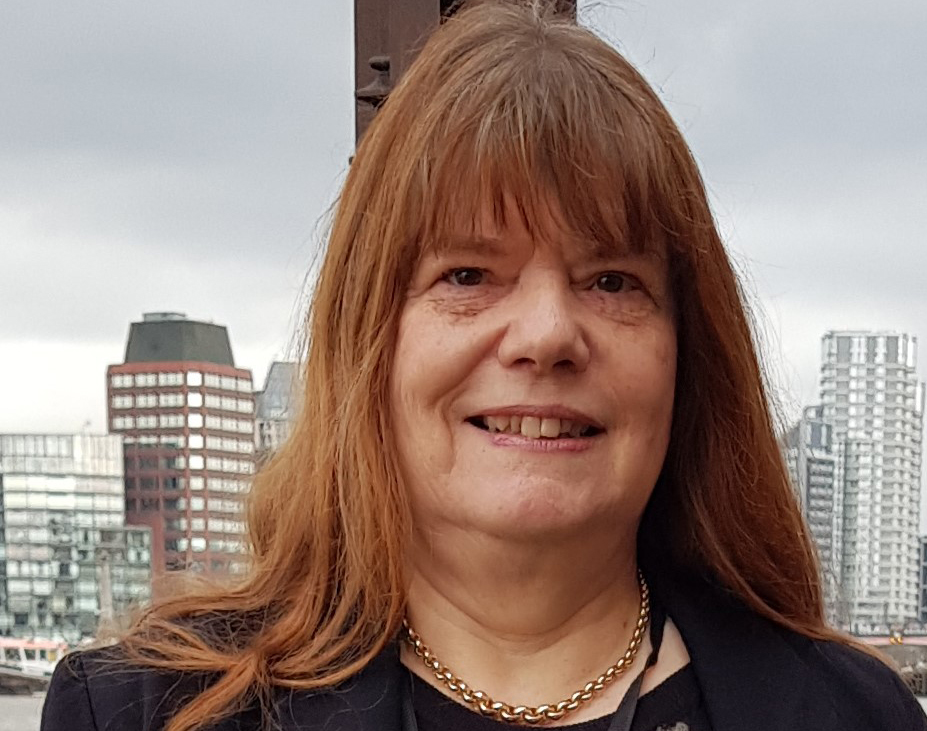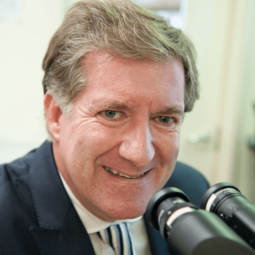75 years of the NHS

Established in 1948, the public healthcare system has been one of the hallmarks of British culture, providing free healthcare for all.
To mark the occasion, IBMS President Debra Padgett, said:
"Over 17,000 of our 21,000 strong membership work in the NHS and what a fantastic milestone it is understanding our role at the heart of healthcare and how it has evolved over the last 75 years that the NHS is celebrating today.
We look forward to how we can continue to develop the world of diagnostics over the next 75 years. Happy birthday NHS!"
Watch Debra's full message
Reflections from IBMS Members
We have asked some of our Members to reflect on what 75 years of the NHS mean to them, how their specialty has changed in this period and their thoughts on what the future holds for Biomedical Scientists working at the heart of healthcare.
Dr Jane Needham MSc PhD CSci FRCPath FIBMS
Former Consultant Biomedical Scientist and IBMS Council Member. Worked in the NHS between 1974 and 2022.

The NHS has grown to be a key part of our national identity and I am proud and privileged to be one of the millions of different generations of staff who have contributed and applied innovation, leading to the inspiring scope of available diagnostics and treatments for our patients that have emerged since the inception of the NHS.
The field of Haemostasis and Thrombosis has changed out of all recognition over this time.
Initially, understanding of clotting was limited, with few basic clotting tests available, time consuming and all performed manually. While today, innovative methodologies and automated tools are available, making it a fascinating scientific and clinical field to work in, with a complex diagnostic repertoire providing for diagnosis of patients with suspected bleeding or thrombotic disorders.
With the recognition of the pivotal role of diagnostics in patient care, I think the future will provide more opportunities to Biomedical Scientists who wish to apply their knowledge and skills in a more scientific and clinical focused role for the direct or indirect benefit of patients, with the ongoing development and introduction of more advanced and consultant practice roles for Biomedical Scientists.
Dr Guy Orchard
Consultant Biomedical Scientist, Operations Manager St. John’s Histopathology, Head of Training and Education Tissue Sciences at Synnovis Analytics. Joined the NHS in 1985.

The NHS has to be one of the nations most valued public services, which remains the envy of the modern western world. Free health care at the point of delivery is a remarkable aspirational and inspirational achievement.
The principles and cornerstones of the NHS are still upheld to this day, despite the ever growing advancement of medical innovations.
The NHS employs an enormous workforce and filling the ever increasing number of vacancies across all disciplines and specialisms will be the greatest challenge in its future.
I have worked within the field of Cellular Pathology all my working career, which is the least automated discipline of all the core pathology specialisms. Manual tasks still predominate in many key areas and the staff requirement is high as a result. The future rationalisation of services will result in merging departments and specialisms, as the requirement to produce large mega laboratory frameworks continues to drive change. Success of such ventures will depend on how well trained and supported the staff are.
Undoubtedly, the growing development of molecular-based investigations is the key driver for how biomedical science generally will develop and evolve in the future. Digital pathology will also create the need for higher understanding of IT skills and applications within the biomedical workforce. There may also be an increasing need for multi-disciplinary skill sets to develop as the pressure of staff vacancies becomes a more challenging obstacle and as the boundaries of classical core disciplines become more blurred.
